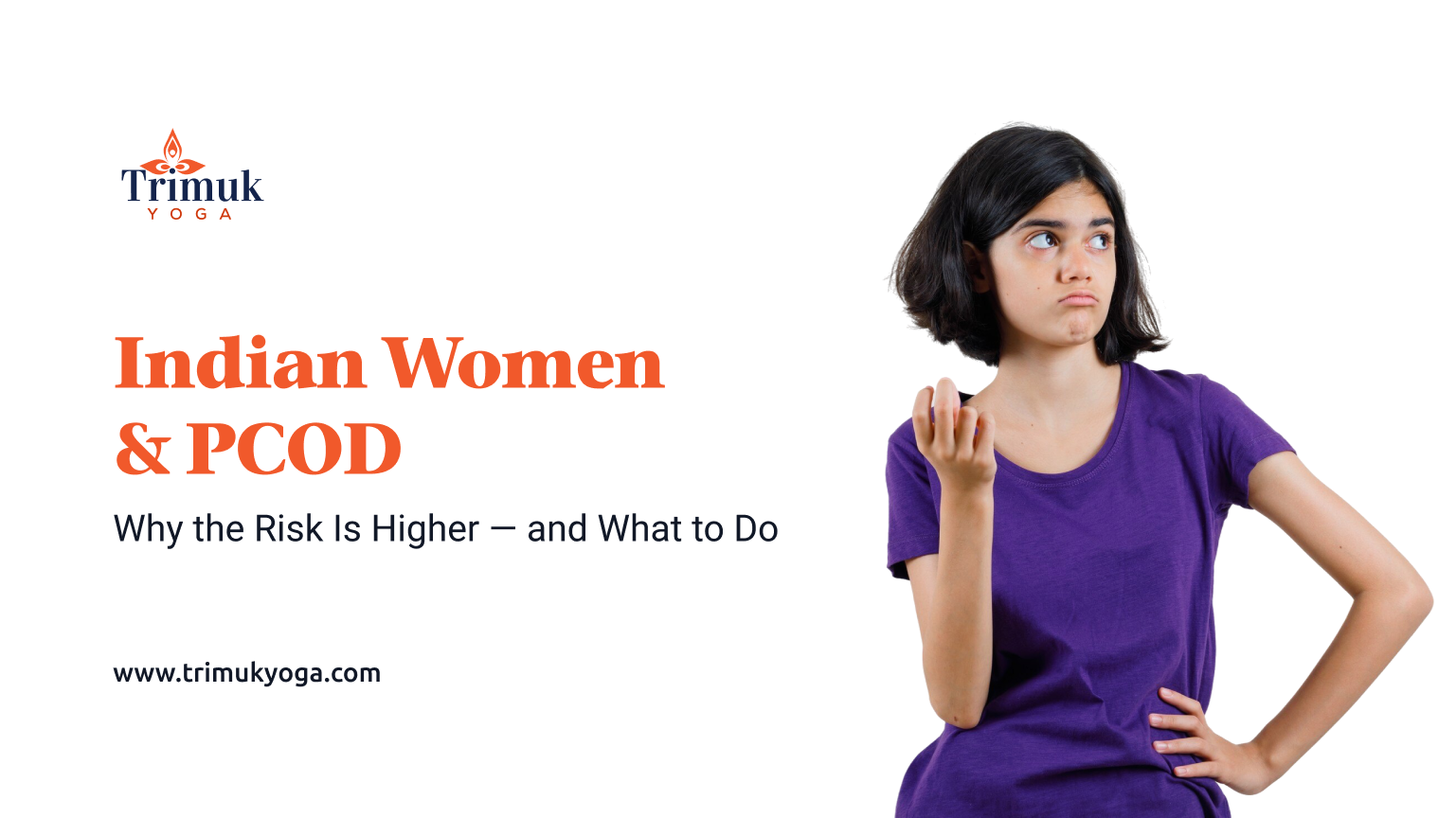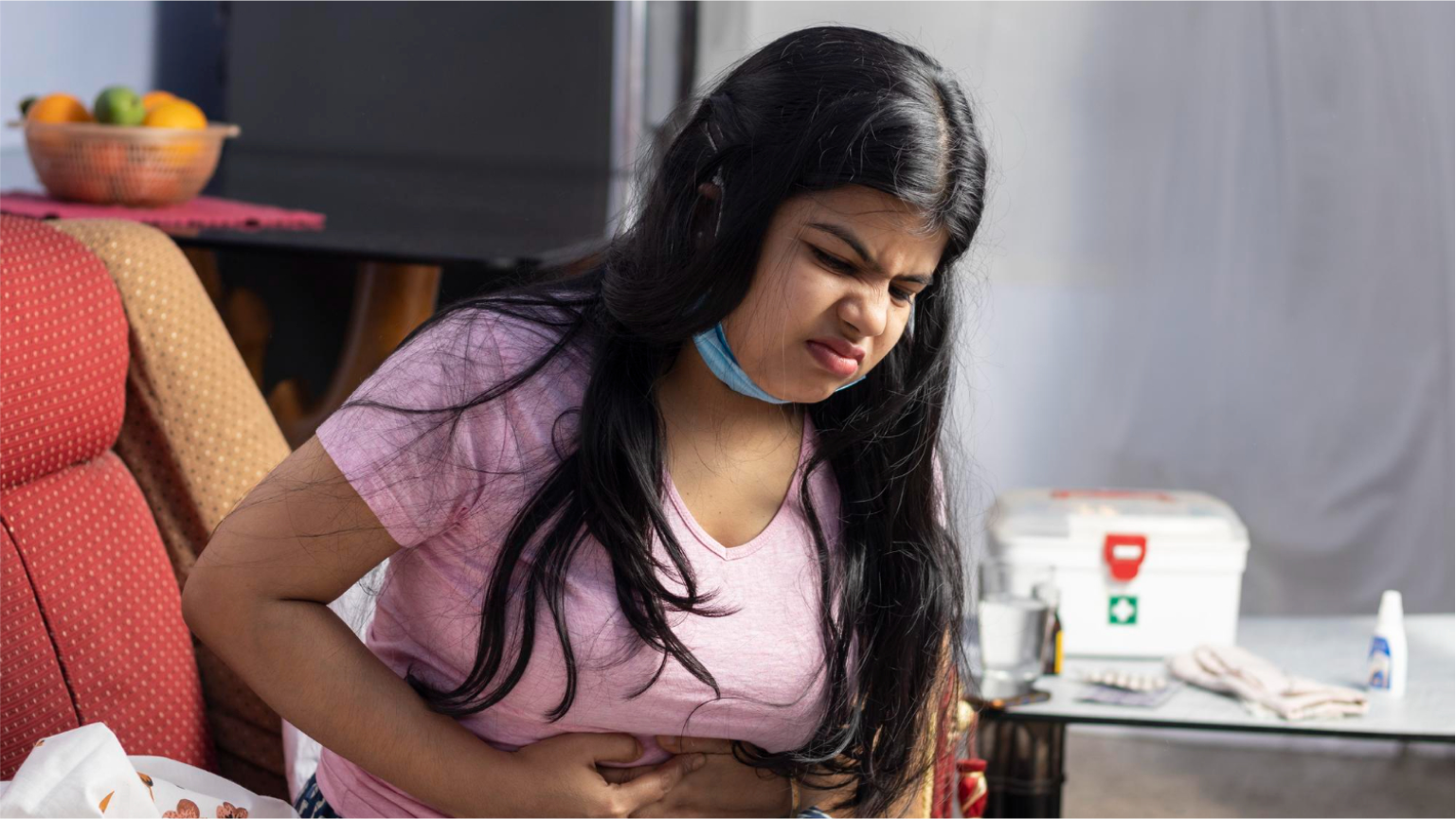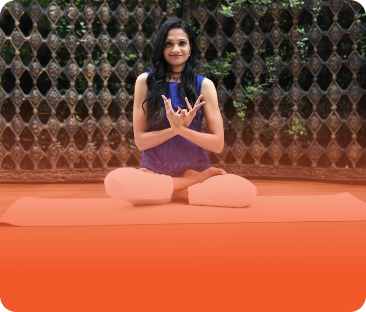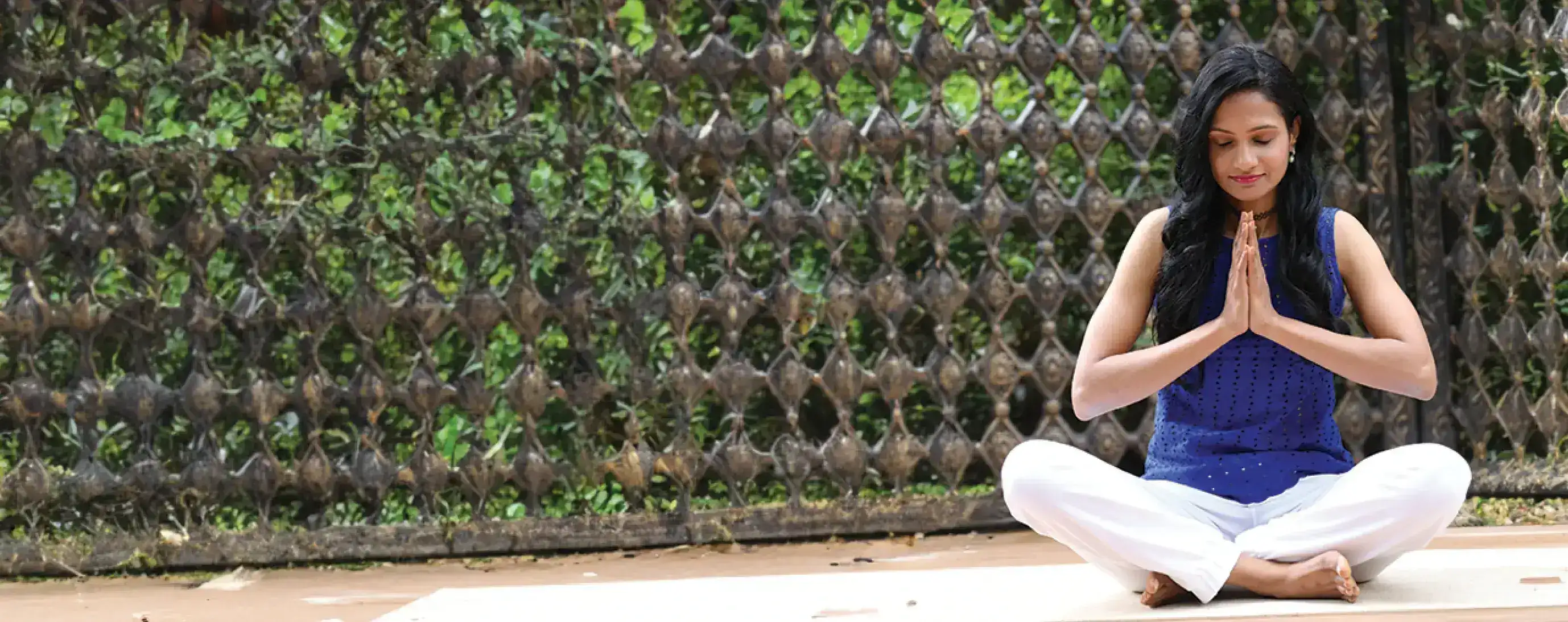Why Indian Women Are at Higher Risk of PCOD and What to Do About It
Why PCOD Affects 1 in 5 Indian Women—And How to Heal Naturally


Have you noticed a growing number of women around you struggling with irregular periods, weight gain, mood swings, or fertility issues? You're not imagining it. India is facing a silent health epidemic: PCOD (Polycystic Ovarian Disease) is now affecting nearly 1 in 5 Indian women of reproductive age. And yet, many suffer in silence, undiagnosed, or misunderstood.
I'm Radhika Bargava, a yoga instructor, nutrition coach, and a passionate advocate for women's wellness. Through my work at Trimuk Yoga, I've witnessed the silent toll PCOD takes—not just physically, but emotionally. In this blog, we’ll explore why Indian women are particularly vulnerable to PCOD and how yoga, diet, and small shifts in lifestyle can transform your hormonal health.
PCOD is a hormonal condition where ovaries produce immature or partially mature eggs that often turn into cysts. It's linked to:
While genetics plays a role, our modern lifestyle—especially in urban India—is accelerating the prevalence of PCOD. The body is out of rhythm, and it shows.

Let’s dive into the root causes specific to Indian women:
Our food culture has evolved. We’ve shifted from seasonal, home-cooked meals to:
This disrupts insulin sensitivity, a key trigger for PCOD.
With long hours at desks, commuting, and screen time, movement has taken a backseat. Fewer women are engaging in traditional activities like walking, yoga, or dancing.
The stress of balancing work, family, and societal expectations weighs heavily. Add to this the pressure to look a certain way, marry by a certain age, or conceive quickly—and emotional well-being suffers.
Indian beauty and hygiene markets are flooded with products that contain:
Air, food, and water pollution increase oxidative stress and hormonal imbalance.

Healing from PCOD is possible. It doesn’t happen overnight, but with intention and consistency, change is real.
Yoga isn't just movement. It's medicine.
Radhika's Tip: “You don’t need to do complex poses. Even 20 minutes of consistent practice can regulate your cycle and calm emotional turbulence.”

At Trimuk Yoga, I’ve seen women from all walks of life heal their relationship with their bodies:
These aren’t miracles. They’re the result of returning to balance.
PCOD doesn’t define you. It’s a signal—an invitation to realign with your body’s wisdom. Indian women may face unique challenges, but they also carry the legacy of deep inner strength and ancient wellness practices.
“You don’t need to be perfect to heal. You just need to start.” — Radhika Bargava
Join my holistic PCOD-supportive yoga program, designed especially for Indian women. Experience the magic of movement, breath, and nourishing traditions.
🌸 Book your discovery call today at Trimuk Yoga. Spaces fill fast—don’t miss your chance to begin.

1. Is PCOD curable?
It’s manageable and reversible through lifestyle changes.
2. I’m thin. Can I still have PCOD?
Absolutely. PCOD isn’t always about weight. It’s about hormonal imbalance.
3. Can yoga help me conceive?
Yes. By balancing hormones and reducing stress, yoga supports fertility.
4. Do I need to stop eating Indian food?
No. Just modify it. Use traditional ingredients mindfully.
5. Is medication always necessary?
Sometimes yes—but yoga and nutrition can often reduce the need.
A renowned and qualified yoga instructor with years of experience in teaching traditional Hatha Flow and Ashtanga Vinyasa Yoga, Radhika is passionate about sharing the true essence of yoga with her students. Being a certified yoga teacher and health & nutrition coach, Radhika demonstrates a deep understanding of mind-body connection which is reflected in her tailored classes.

Get personalized care. Consult specialists about your concerns and treatments.
